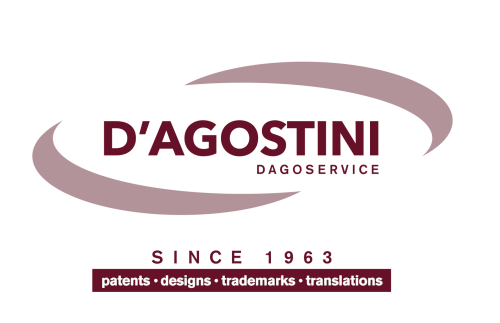Legalizations
‘Legalization’ consists in attesting the legal status of the public official who has signed a document, as well as the authenticity of the signature itself.
Signatures on deeds and documents drawn up in Italy by a foreign diplomatic or consular representation residing in the Italian State must be legalized in order for them to be valid in Italy.
Signatures on deeds and documents drawn up in Italy must be legalized in order for them to be valid abroad.
Legalization of signatures is not required for deeds and documents issued by the following Embassies and/or Consulates adhering to the London European Convention of June 7th, 1968: Austria, Greece, Malta, Portugal, Sweden, Cyprus, Ireland, Norway, United Kingdom, Switzerland, France, Liechtenstein, the Netherlands, Czech Republic, Turkey, Germany, Luxembourg, Poland and Spain.
Documents drawn up or to be enforced in the countries adhering to the Hague Convention of October 5th, 1961 must undergo the formality of the so-called ‘Apostille’ (it provides a special stamp certifying the authenticity of the document and the legal quality of the issuing authority), instead of legalization.
Apostille
The apostille is a note that must be made on the original of the certificate issued by the competent authorities of the country concerned.
The apostille replaces legalization at the embassy. Therefore, if you need to enforce a birth certificate in Italy and live in a country adhering to the Hague Convention, you do not need to request legalization and can request the note of the so-called apostille on the certificate to the internal authority of that state (designated by the act of accession to the Convention itself).
Once the above procedure is carried out that document is ‘officially’ recognized in Italy, because Italy has also ratified this Convention.
Even if the apostille is used, the document must be translated into Italian in order to be used before the Italian authorities.
Sworn translations
The certification of a translation consists of an oath that is made at court by the person who carried out the translation and certifies the conformity of the translation to the original text or a certified copy of the original.
Specialized glossaries
A specialized glossary is essentially a list of words and corresponding translations that relate to a specific field.
The need for a specialized glossary serves to ensure the appropriate use of field-specific terminology and uniformity in the use of terms in the various languages while avoiding possible errors or doubts of interpretation arising from the use of non-specific, improper or incorrect terms.
Text revision
We also offer services of
- Linguistic revision of texts
- Layout control
- Text formatting
FIND OUT HOW WE CAN ASSIST YOU
Request a quote
Fill out the form below to request a consultation meeting or simply to get a customized quote.
